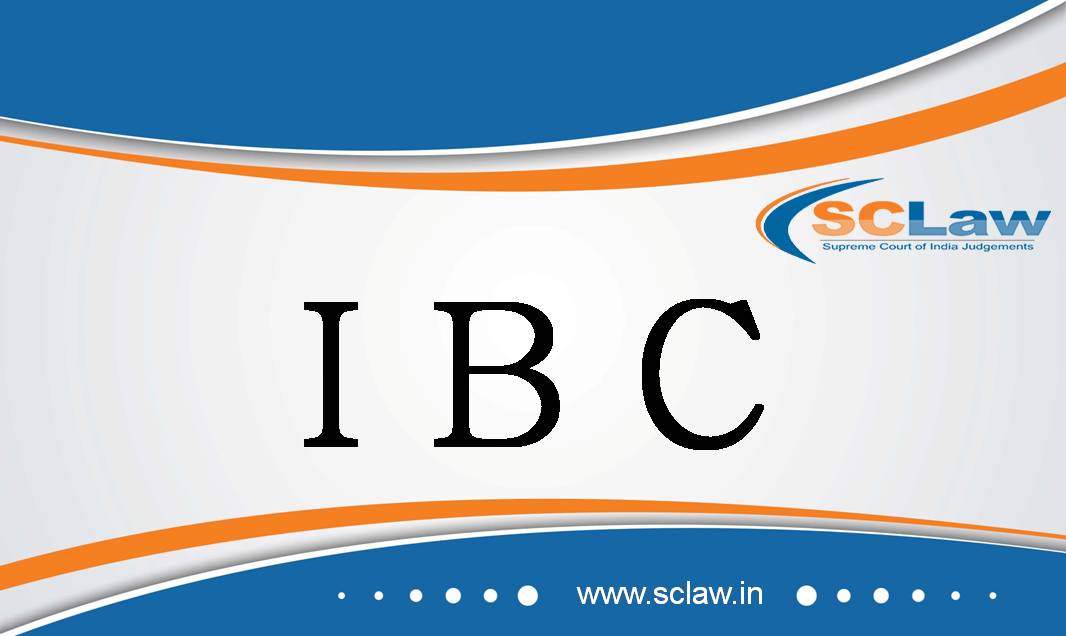Insolvency and Bankruptcy Code, 2016 – Section 12A – Withdrawal of application admitted under section 7, 9 or 10 – Adjudicating Authority is entitled to withdraw the application admitted under Section 7 or Section 9 or Section 10, on an application made by the applicant with the approval of 90% voting share of the CoC.
SUPREME COURT OF INDIA FULL BENCH K.N. RAJAKUMAR — Appellant Vs. V. NAGARAJAN AND OTHERS — Respondent ( Before : L. Nageswara Rao and B.R. Gavai and B.V. Nagarathna, JJ.…


